Eramet and BASF Postpone $2.6 Billion Nickel-Cobalt Project in Indonesia
Eramet and BASF had signed an agreement in 2020 to conduct a feasibility study for the nickel-cobalt plant, aimed at strengthening the supply chain for electric vehicle (EV) batteries. The investment, valued at approximately USD 2.6 billion (around IDR 41 trillion), highlights the significant financial commitment involved.
The primary reason for the project’s delay appears to be the slower-than-expected growth in EV battery sales in Southeast Asia. However, Eramet remains committed to exploring other investment opportunities in Indonesia’s nickel sector for EV batteries and will keep stakeholders informed of any developments.
Meanwhile, BASF has announced it will halt all ongoing activities related to the Weda Bay project. Dr. Daniel Schonfelder, President of BASF’s Catalysts division, emphasized the importance of secure and sustainable raw material supply for producing cathode active materials, which may still come from Indonesia. “After thorough evaluation, we’ve concluded not to pursue the nickel-cobalt refining project in Weda Bay,” said Anup Kothari, BASF Executive Board member.
Kothari explained that the global nickel market has changed significantly since the project’s inception, with new supply options now available, reducing the need for such a substantial investment to secure metal supply for their battery materials business. (Uki Ruknuddin)









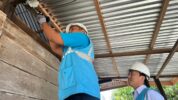
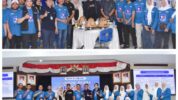



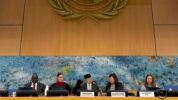
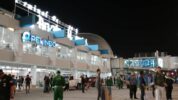
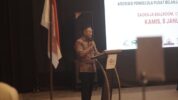
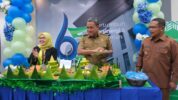
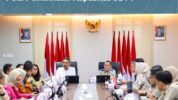


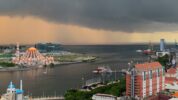
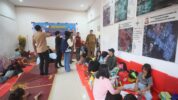
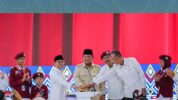
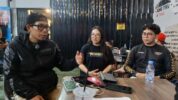
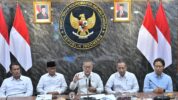

Tinggalkan Balasan